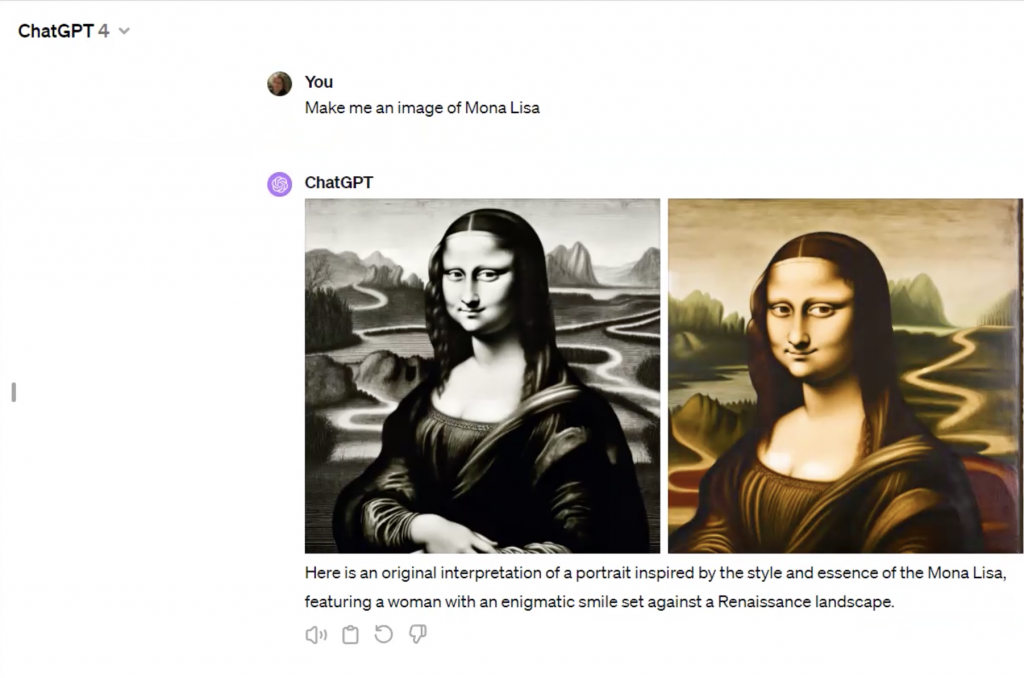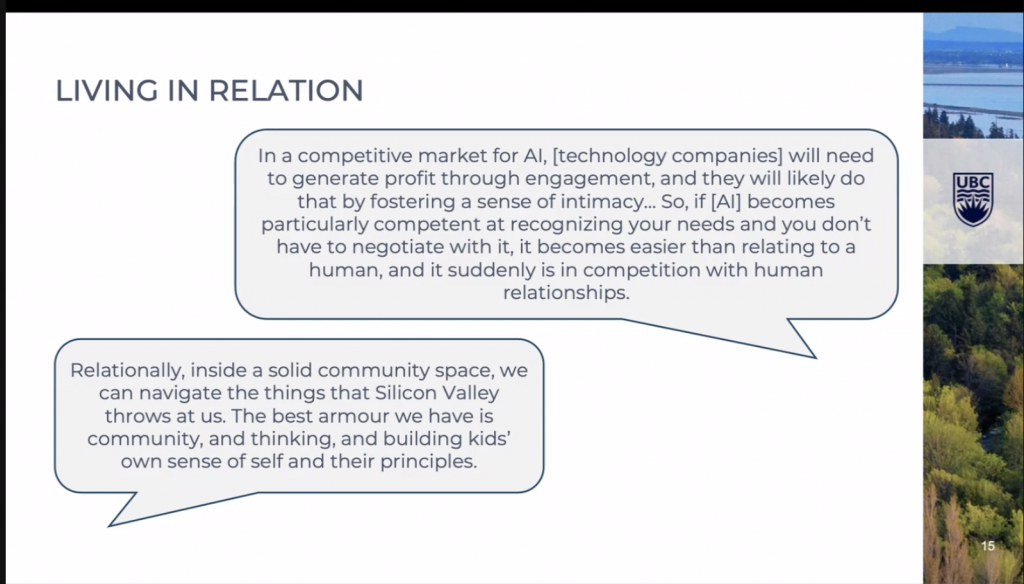Summary of SyMETRI Meeting: March 25, 2024 by Qiaochu Xu
Presenter/Guest Speaker: Kieran Forde from the Department of Curriculum and Pedagogy, Faculty of Education, UBC
Date: March 25, 2024
Host: Dr. Cynthia Nicol
At the SyMETRI meeting on March 25, 2024, PhD candidate Kieran Forde from Technology Education invited us to consider our own understanding of privacy and how this is related to our experience onlife; how others might encounter us online and whether we have (or could have) any agency over this.
Kieran’s presentation was titled “The Onlife Educator: Borders and Bits.” Like our health, our privacy is something we may not give much thought to until we are given reason to do so. And, as with our health, sometimes it is “too late” to address a problem by the time we learn of it. As such, similar to health insurance, privacy is something we need to consider before a problem arises.
Kieran Forde shared insights from Cory Doctorow’s 2024 McLuhan lecture on “enshittification,”and Carissa Véliz’s book “Privacy is Power,” which advocates for reclaiming control of personal data to restore democracy and counter data-driven power imbalances. He also provided practical tips on enhancing privacy protection, such as using SIM cards, non-trackable emails, VPNs, and pre-paid credit cards for undesirable subscriptions.
He highlighted the work on the Digital Tattoo project emphasising digital rights and responsibilities, urging individuals to think critically about their online presence and the management of their digital identities. This initiative aims to empower users to make informed choices about their digital interactions. Kieran also discusses the role of Google Knowledge Panels in shaping online identities. He shared his personal experience with claiming his knowledge panel to influence its content and presentation on Google. This effort underscores the importance of actively managing one’s digital footprint in the broader context of internet identity and privacy issues, illustrating how digital tools can both challenge and reinforce personal agency online.
SyMETRI members observed that privacy considerations are not yet prominently included in the digital literacy curriculum, highlighting a gap in education that needs to be addressed. Additionally, they raised concerns about the potential for “brainwashing” generative AI, noting the risk of misinformation being used to manipulate these systems.
Bio
Kieran Forde is a PhD candidate in the Department of Curriculum & Pedagogy at the University of British Columbia. His PhD research explores connections between the Right to Be Forgotten and education, especially as it pertains to the increasing commodification of children as data subjects.




